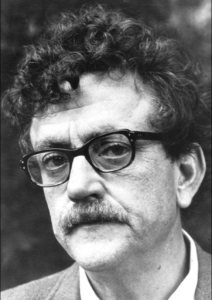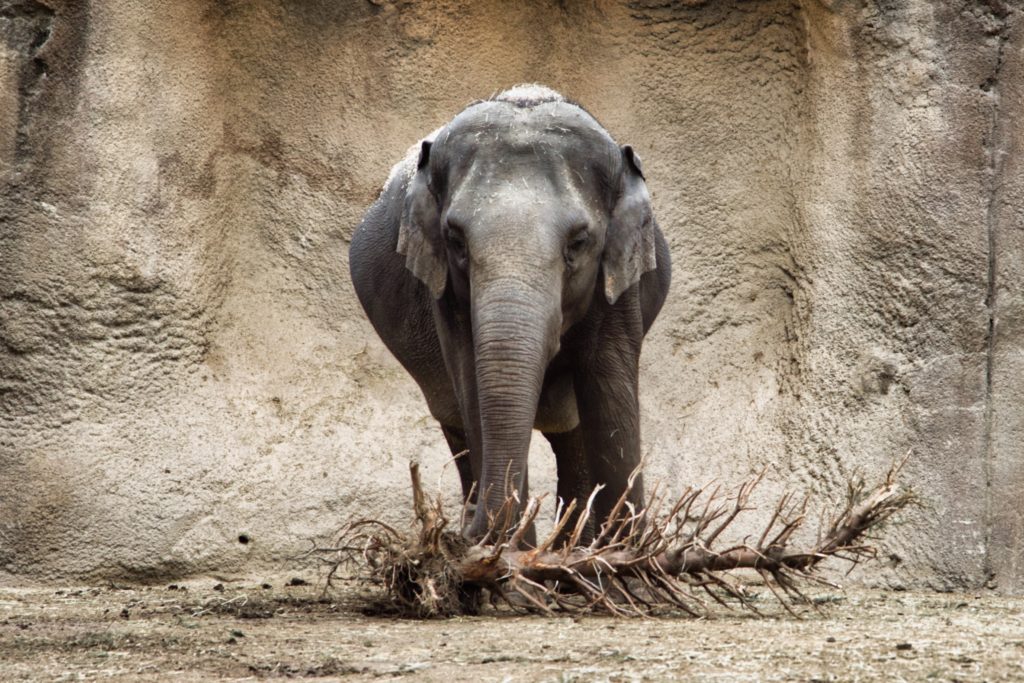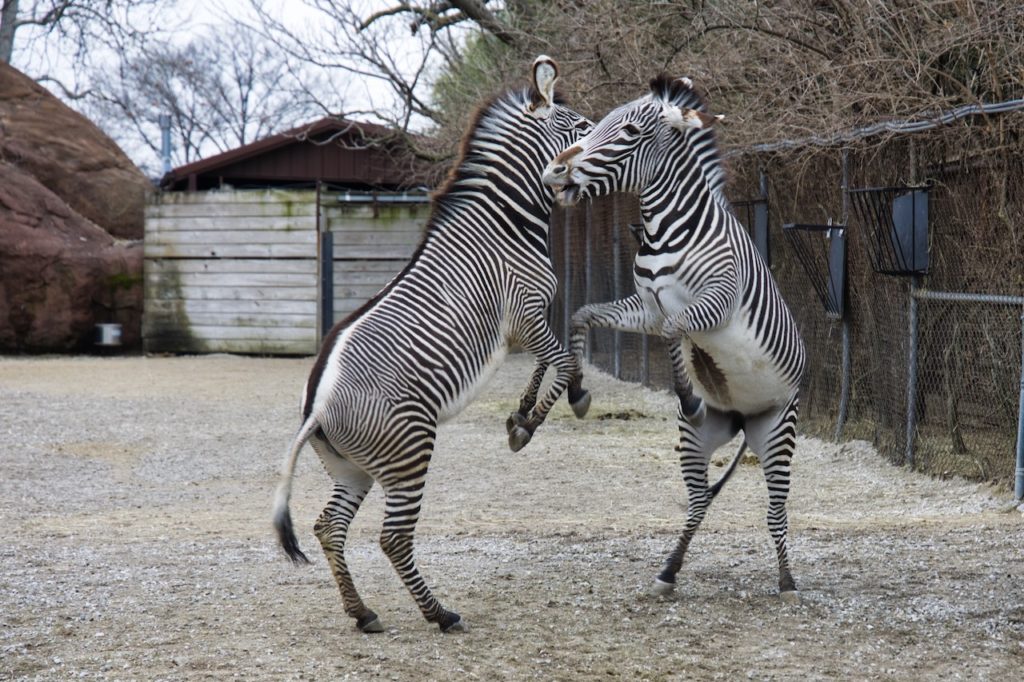The Attention Deficit Approach to Deeply Appreciating Your World
I try a lot of things. I dabble in most of them and I do deeper dives into only some of them. My ex-wife once accused me of being ADD, and her frustration might have been a significant factor in our struggles to get along toward the end of our marriage. I didn't like being accused of "being me." If that message had been candy-coated, it might have gone down a lot better, I often think.
A couple years after the divorce, I read a book on ADD (I can't remember the title) that defined the condition as "having a low tolerance for boredom." That describes me well. I haven't ever received a formal diagnosis of ADD, but I suspect I'm on that spectrum. I find this topic compelling because I want to understand myself better and learn some new strategies for functioning at a high level without unnecessarily (and often unintentionally) annoying others. Today I just ordered a new book on ADD called ADHD 2.0. I suspect I'll be reviewing it on this website in coming weeks.
The evidence (that I have a low tolerance for boredom) is ubiquitous. I have had a long successful career as an attorney. I am a proficient musician who actively composes music in my home studio. I write voraciously, both at this website and elsewhere. I have achieved a decent level of proficiency in photography (I especially enjoy the challenge of portrait photography). I am a co-host of a podcast for trial lawyers called "The Jury is Out." I am a dedicated parent of two wonderful daughters. My life has been an energized zig-zag and it is not slowing down. Not everyone is wired like this or wired to like this, however. My energy annoys some people who want to live slowly, mindfully, deliberately. To be more accurate, ADD tendencies can be charming at a distance, but it's not easy for some people to share a household with someone with ADD tendencies. I'm not opposed to exploring different ways to interact with the world. For instance, I have tried meditation as an attempt to live more mindfully. I'm still trying to figure things out at the age of 64.
A friend once assured me to stop worrying about the labels. She said that I was "like Ben Franklin." That was such  a tactful way of putting it! She recently posted a long quote by Kurt Vonnegut that I'd like to share. This passage is the point of this post:
a tactful way of putting it! She recently posted a long quote by Kurt Vonnegut that I'd like to share. This passage is the point of this post:
When I was 15, I spent a month working on an archeological dig. I was talking to one of the archeologists one day during our lunch break and he asked those kinds of “getting to know you” questions you ask young people: Do you play sports? What’s your favorite subject? And I told him, no I don’t play any sports. I do theater, I’m in choir, I play the violin and piano, I used to take art classes. That’s amazing! And I said, “Oh no, but I’m not any good at ANY of them.”
And he said something then that I will never forget and which absolutely blew my mind because no one had ever said anything like it to me before: “I don’t think being good at things is the point of doing them. I think you’ve got all these wonderful experiences with different skills, and that all teaches you things and makes you an interesting person, no matter how well you do them.”
And that honestly changed my life. Because I went from a failure, someone who hadn’t been talented enough at anything to excel, to someone who did things because I enjoyed them. I had been raised in such an achievement-oriented environment, so inundated with the myth of Talent, that I thought it was only worth doing things if you could “Win” at them.
I love this passage. Life is short. I love trying lots of things for the same reasons Vonnegut tried so many things. I consider myself a C or B rated player at almost every thing I work at, but proficiency has often not the main point for me. For instance, I've dug for dinosaur bones, but I never aspired to be a paleontologist.
I would add this: I do a lot of things simply because I like trying them. But I also like try many new things because doing this allows me to better understand how difficult it is to do these things well. I'll never be Ansel Adams or Pat Metheny, but working at photography and music offers me a deep appreciation for the work of these people on the cutting edge.
I don't know quite how to end this post. I'll merely encourage you to go out and try lots of things and meet a lot of the awesome people with whom you share this planet. The world is a big playroom. It can also be a dangerous place, but mostly it is a vast joyful place where you can dabble and dabbling often leads to bigger things. But if not, your dabbling will bring you vast appreciation for those who walk the high wire.




